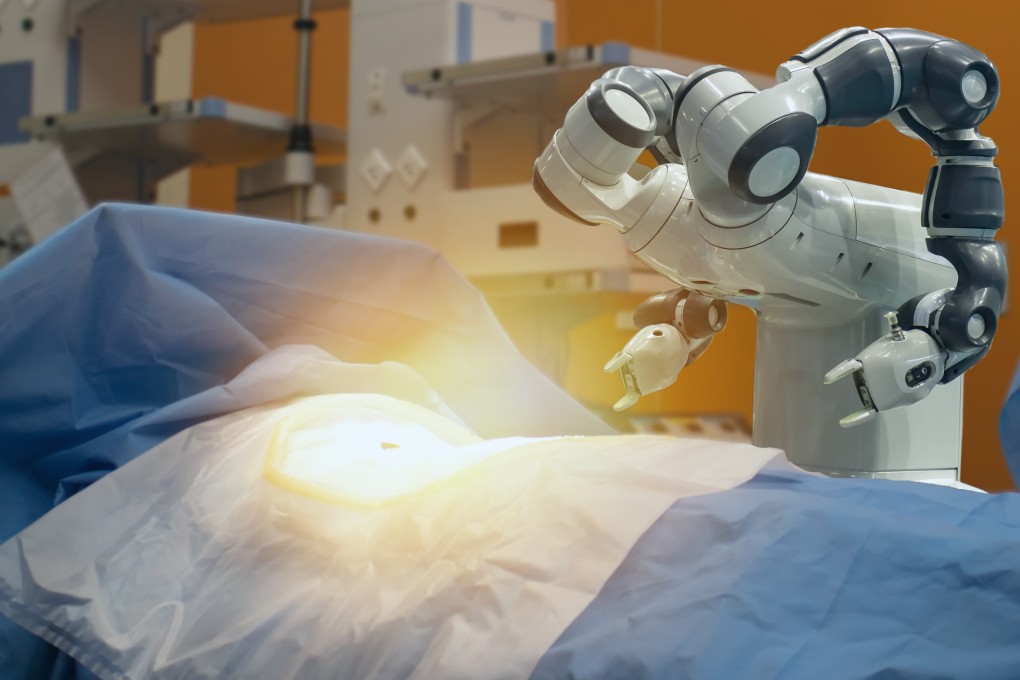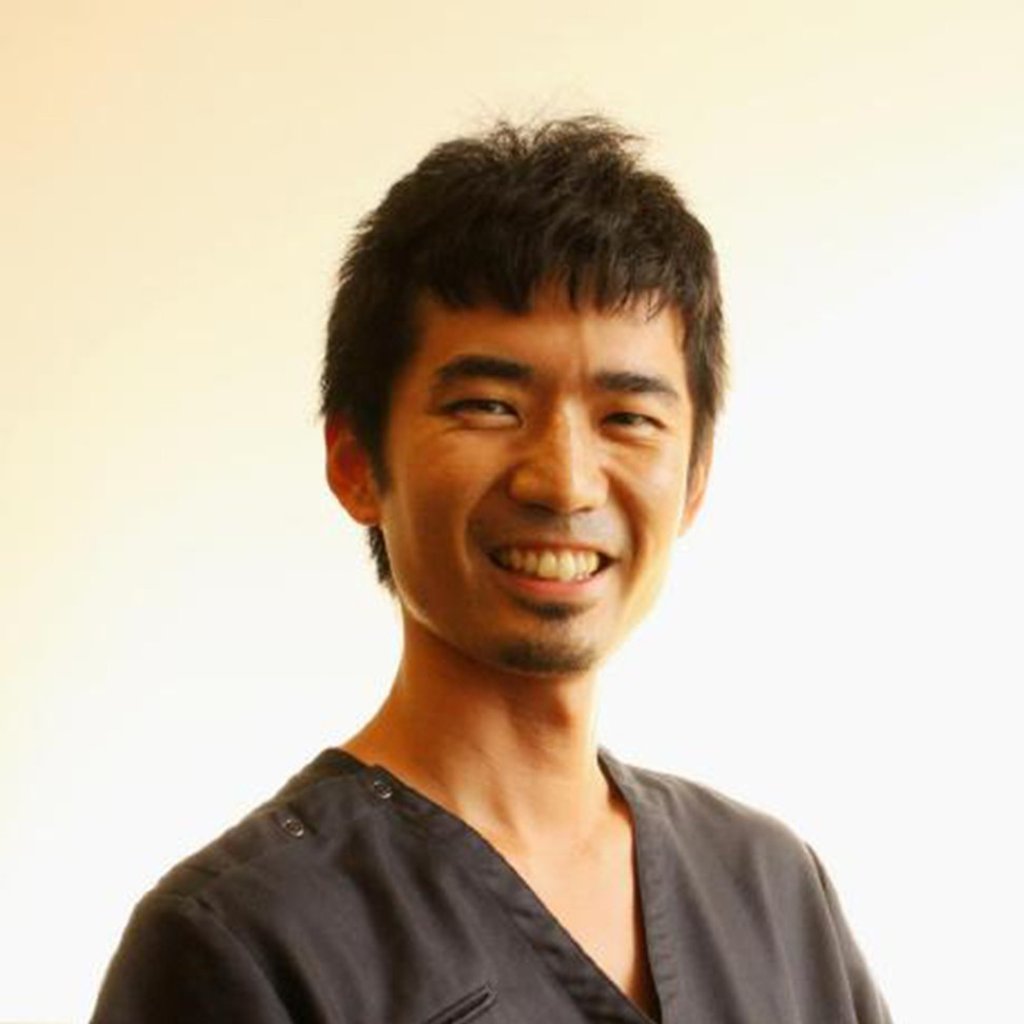Advertisement
Doctors in Japan turn entrepreneur to design AI devices that can diagnose things such as the flu, and benefit from their access to medical data
- Harnessing their medical knowledge and clinical expertise, doctors in Japan are working for start-ups designing AI devices for medical use
- Their ability to request data from patients helps in the development of the devices, which gives companies a head start over rivals in the field.
Reading Time:4 minutes
Why you can trust SCMP

By day, he is the chief executive officer of a start-up in Tokyo. At night and on weekends, he works shifts as a doctor – and he wants to keep it that way because he needs both to stay in balance.
Sho Okiyama is one of the growing number of what are known in Japan as “entre-doctors”, or doctors who are also entrepreneurs, making full use of their medical knowledge and clinical experience in doing business.
What makes Okiyama distinctive is the diversity of his experience.
Advertisement
He is an emergency doctor who has had to make decisions in life-or-death situations. He has provided medical care in disaster areas and on a doctor-scarce remote island in Okinawa, Japan’s southern island prefecture.

Advertisement
At 34, he is now focused on medical devices based on artificial intelligence that he hopes will help doctors make diagnoses. For starters, his company Aillis Inc is developing one that can tell whether a patient has contracted an influenza virus by analysing images of the throat, or more precisely, follicles that are unique to influenza.
Advertisement
Select Voice
Choose your listening speed
Get through articles 2x faster
1.25x
250 WPM
Slow
Average
Fast
1.25x